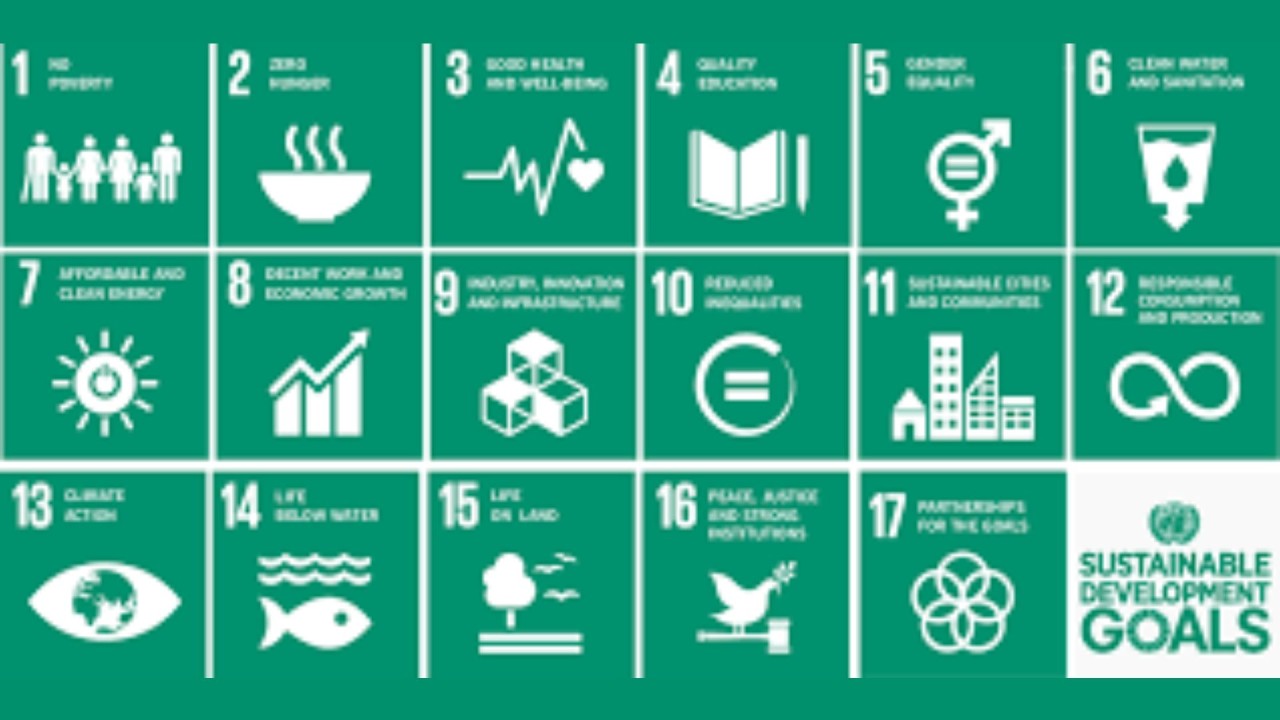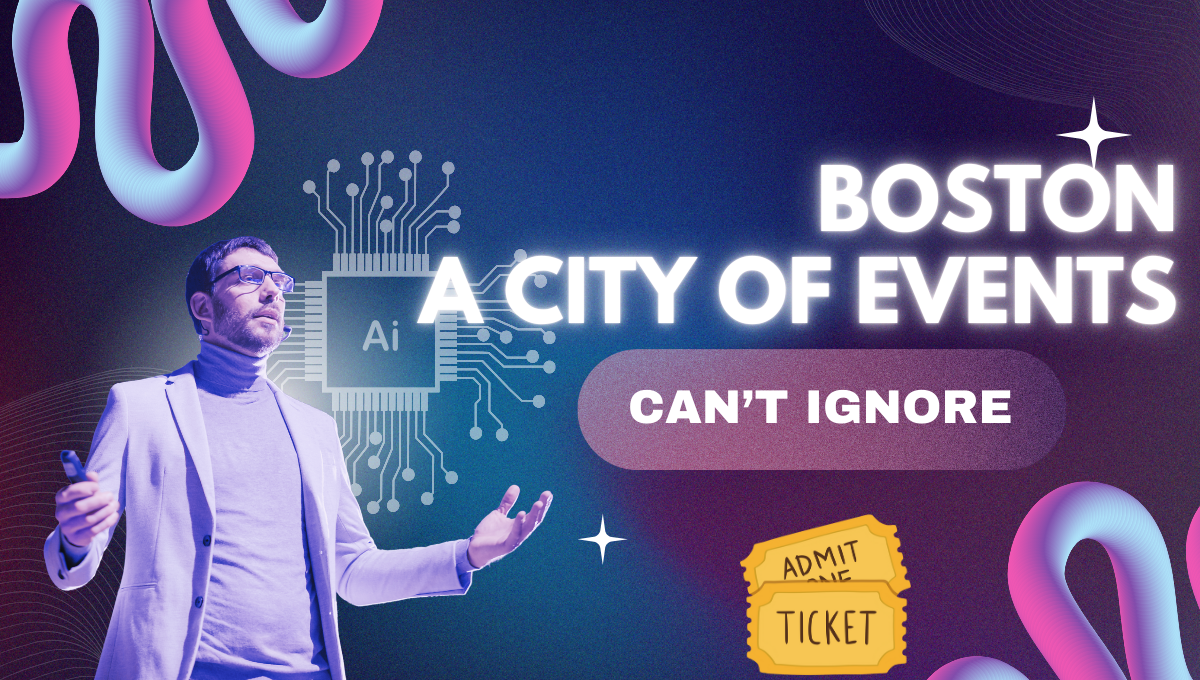The Indian Event Industry: A Comprehensive Analysis
The Indian event industry has experienced significant growth over the past decade, emerging as one of the fastest-growing sectors in the country. This industry encompasses a wide range of events, including corporate events, exhibitions, trade shows, weddings, entertainment shows, and cultural festivals. The growth trajectory of this sector has been driven by increasing corporate activities, rising disposable income, and the popularity of destination events. This report delves into the key aspects of the Indian event industry, drawing on data from various sources to provide a detailed overview of its current state and future potential.
Table of Contents
1. Overview of the Indian Event Industry
The Indian event industry has evolved from being a nascent sector to a highly organized and professionalized industry. According to a report by KPMG India, the event management sector was estimated to be worth INR 10,000 crore in 2021, with a projected growth rate of 20% annually (source: kpmg.com).
The industry’s growth is fueled by the increasing demand for live entertainment, corporate events, and brand activation activities. Moreover, the rise of social media has played a pivotal role in amplifying the reach of events, making them more accessible to a broader audience.
2. Market Segmentation
The Indian event industry can be broadly segmented into the following categories:
- Corporate Events: This segment includes conferences, seminars, product launches, brand activations, and corporate meetings. The corporate sector is the largest contributor to the event industry, accounting for nearly 60% of the total market share.
- Weddings: The Indian wedding industry is renowned for its grandeur and scale, with an estimated worth of INR 3,77,000 crore in 2021, according to a report by WeddingWire India (source: weddingwire.in).
- Exhibitions and Trade Shows: These events are platforms for businesses to showcase their products and services, attracting potential buyers and partners. The exhibition industry is growing rapidly, with an annual growth rate of around 12%, as reported by the Indian Exhibition Industry Association (IEIA) (source: ieia.in).
- Entertainment Events: This segment includes concerts, music festivals, film festivals, and other live entertainment shows. The entertainment sector contributes significantly to the event industry, especially with the rising popularity of music festivals like Sunburn and NH7 Weekender.
- Cultural Festivals: India is a land of festivals, and cultural events form a crucial part of the event industry. These events not only promote tourism but also showcase India’s rich cultural heritage.
3. Growth Drivers
Several factors contribute to the growth of the Indian event industry:
- Increasing Corporate Activities: With the growth of the Indian economy, there has been a corresponding increase in corporate activities, leading to a higher demand for corporate events, product launches, and brand activations.
- Rising Disposable Income: The rise in disposable income among the middle and upper-middle classes has led to an increase in spending on events, particularly weddings and social functions.
- Government Initiatives: Government initiatives like ‘Make in India’ and ‘Incredible India’ have boosted the exhibition and trade show segment by promoting India as a global business and tourism destination.
- Technological Advancements: The adoption of technology, such as event management software, virtual events, and social media integration, has streamlined the organization and promotion of events, making them more accessible and engaging.
- Growing Demand for Experiential Marketing: Brands are increasingly focusing on experiential marketing, which involves creating memorable experiences for consumers. This trend has led to a surge in brand activation events.
4. Challenges Faced by the Industry
Despite its growth, the Indian event industry faces several challenges:
- Regulatory Hurdles: The event industry in India is subject to multiple regulations and permissions from various authorities, which can be cumbersome and time-consuming.
- High Competition: The industry is highly competitive, with a large number of players vying for a share of the market. This competition has led to price wars, affecting profitability.
- Seasonality: The demand for events, particularly weddings and cultural festivals, is seasonal, leading to fluctuating revenues for event management companies.
- Lack of Skilled Professionals: The industry faces a shortage of skilled professionals, particularly in areas like event planning, marketing, and logistics.
5. Impact of COVID-19 on the Event Industry
The COVID-19 pandemic had a profound impact on the Indian event industry, bringing it to a virtual standstill in 2020. Lockdowns, social distancing measures, and restrictions on large gatherings led to the cancellation or postponement of most events. According to a report by Ernst & Young, the industry witnessed a 70-80% decline in revenue during the pandemic (source: ey.com).
However, the industry adapted quickly by embracing virtual and hybrid events. Virtual conferences, webinars, and online exhibitions became the norm, allowing the industry to stay afloat during the pandemic. The success of these virtual events has paved the way for a new era of hybrid events, combining both physical and virtual elements.

6. Future Trends in the Indian Event Industry
The Indian event industry is poised for a strong recovery post-pandemic, with several key trends shaping its future:
- Hybrid Events: The future of events is likely to be hybrid, combining physical and virtual elements. This format offers the best of both worlds, allowing for greater reach and engagement.
- Sustainable Events: There is a growing awareness of the environmental impact of events, leading to a shift towards sustainable practices. Event organizers are increasingly adopting eco-friendly measures, such as reducing waste, using renewable energy, and promoting sustainable transportation.
- Technology Integration: The integration of advanced technologies like Artificial Intelligence (AI), Augmented Reality (AR), and Virtual Reality (VR) is expected to revolutionize the event industry. These technologies can enhance the attendee experience, improve event management, and provide valuable data insights.
- Personalization: Personalization is becoming increasingly important in the event industry. Event organizers are using data analytics to tailor experiences to individual preferences, creating more engaging and memorable events.
- Increased Focus on Safety: Post-pandemic, there is a heightened focus on health and safety at events. Event organizers are implementing stringent safety protocols to ensure the well-being of attendees.
7. Regional Analysis
The Indian event industry is spread across various regions, with key hubs in metropolitan cities like Mumbai, Delhi, Bengaluru, and Hyderabad. Each region has its own unique characteristics and contributes differently to the industry.
- Mumbai: Known as the entertainment capital of India, Mumbai is a major hub for entertainment events, including film festivals, music concerts, and award shows.
- Delhi: The capital city is a significant center for corporate events, exhibitions, and trade shows, owing to its strategic location and excellent infrastructure.
- Bengaluru: As the technology hub of India, Bengaluru hosts numerous technology-related events, including conferences, product launches, and tech expos.
- Hyderabad: Hyderabad is emerging as a key player in the event industry, particularly in the areas of corporate events, weddings, and exhibitions.

8. Key Players in the Indian Event Industry
Several key players dominate the Indian event industry, each contributing to its growth in various ways. Some of the leading event management companies include:
- Wizcraft International Entertainment: One of the pioneers in the Indian event industry, Wizcraft is known for organizing large-scale events like the International Indian Film Academy (IIFA) Awards and the Global Citizen Festival.
- Percept Limited: A leading entertainment, media, and communications company, Percept is known for its expertise in event management, brand activations, and media solutions.
- Cineyug Entertainment: Specializing in entertainment events, Cineyug is known for organizing Bollywood-related events, award shows, and concerts.
- Event Capital: A leading event IP company, Event Capital specializes in conceptualizing and organizing intellectual property-driven events across various sectors.
- Tamarind Global: A full-service event management company, Tamarind Global is known for its expertise in destination weddings, corporate events, and luxury experiences.
9. Conclusion
The Indian event industry is on a strong growth trajectory, driven by increasing demand for live entertainment, corporate events, and social functions. While the industry faces challenges such as regulatory hurdles, high competition, and seasonality, it is well-positioned for continued growth. The adoption of technology, the rise of hybrid events, and a focus on sustainability are likely to shape the future of the industry.
As the industry continues to evolve, event organizers and stakeholders must stay abreast of the latest trends and developments to remain competitive. By embracing innovation, sustainability, and personalization, the Indian event industry can continue to thrive and contribute to the country’s economic growth.


























